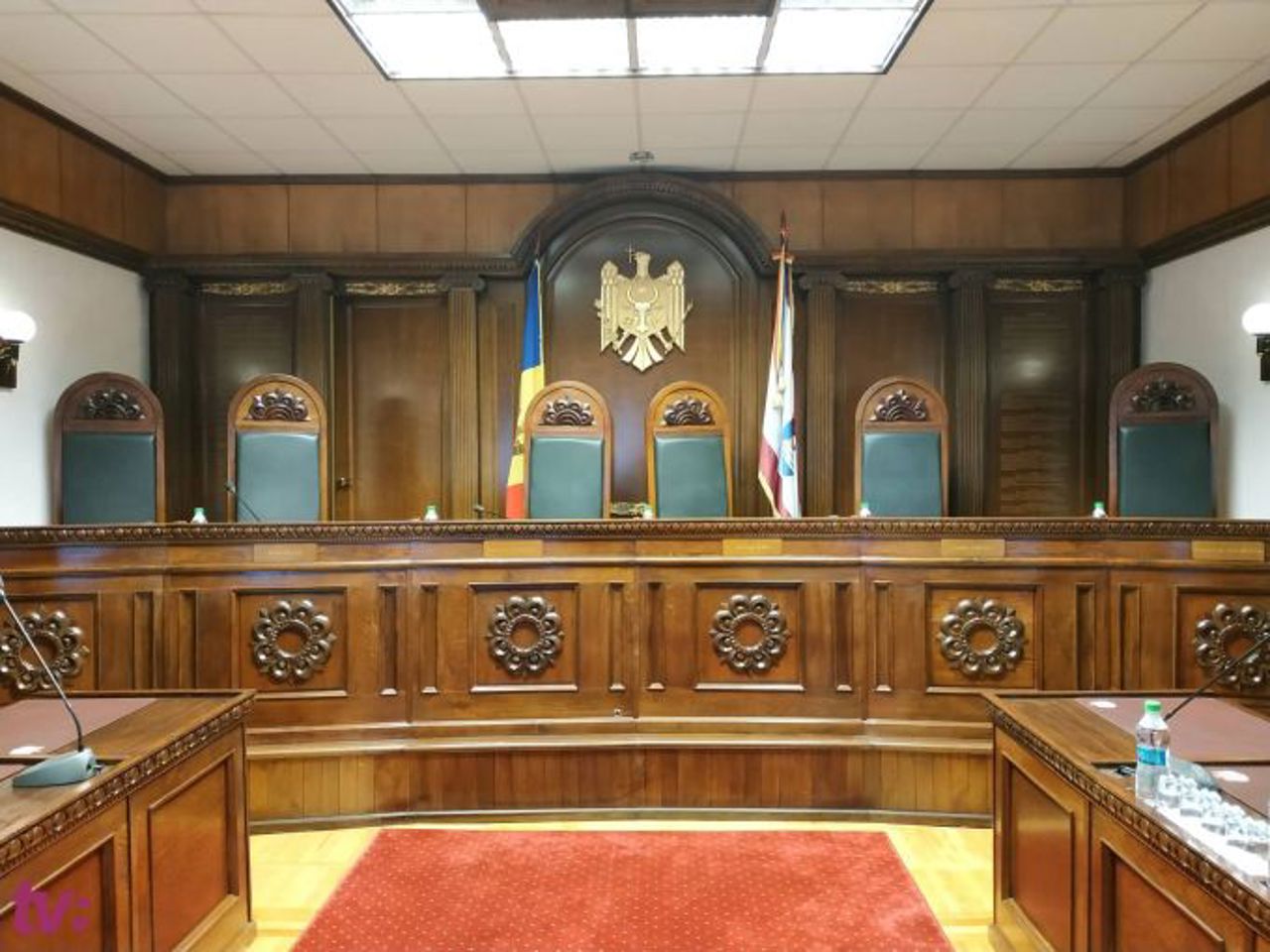Moldovan Constitutional Court’s new inadmissibility ruling explained

Recent changes to the law governing Moldova’s Constitutional Court now enable the Court to reject certain referrals without examining them on their merits.
This mechanism, known as "inadmissibility," has long been part of the Court's practice but has now been officially codified in the newly adopted law. When a referral is deemed inadmissible, it is dismissed with a reasoned decision that carries full legal weight, similar to a final ruling.
According to the new law, the Court can dismiss a case before examining it if it does not fall under the Court's jurisdiction, if the issue has been previously discussed, if the law has changed since the referral was made, if it pertains to non-fundamental rights, or if it is deemed "manifestly unfounded."
While this may seem logical, as no one wants judges wasting time on unjustified claims, some experts caution that this change could significantly limit access to constitutional justice. Alexandru Bot, a legal expert, explains that although a referral might be rejected as inadmissible, the Court's ruling will still set a precedent and be treated as an authentic decision. Therefore, even without public debate or a thorough examination, the Court’s opinion would remain in effect, potentially closing off avenues for future legal recourse on the same issue.
One key concern is that once a referral is deemed inadmissible, it cannot be revisited. This change, for example, would prevent individuals from reappearing before the Court on the same issue, even if the matter is later reconsidered. Bot points out that this contrasts with previous practice, where cases rejected initially could be brought back in future challenges.
The government justifies the modifications as a means to streamline and clarify the Court’s operations, eliminating redundancy in existing laws. The introduction of inadmissibility is framed as a tool to enhance efficiency by swiftly rejecting referrals that are poorly founded or outside the Court’s scope of competence. However, critics argue that it could lead to significant legal consequences without the benefit of a comprehensive public debate.
Translation by Iurie Tataru





